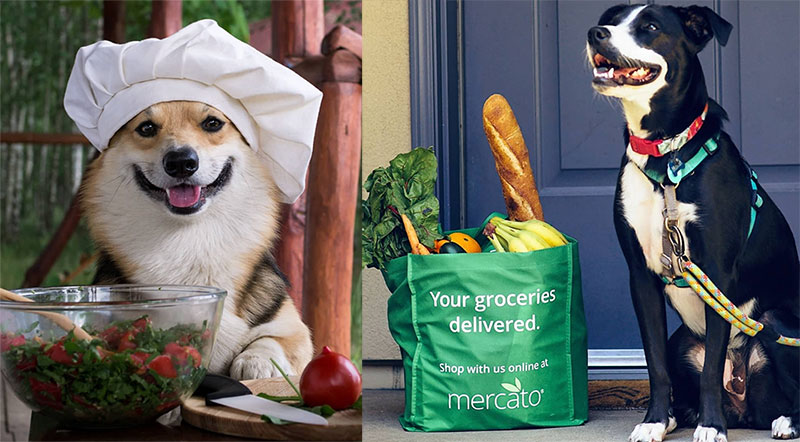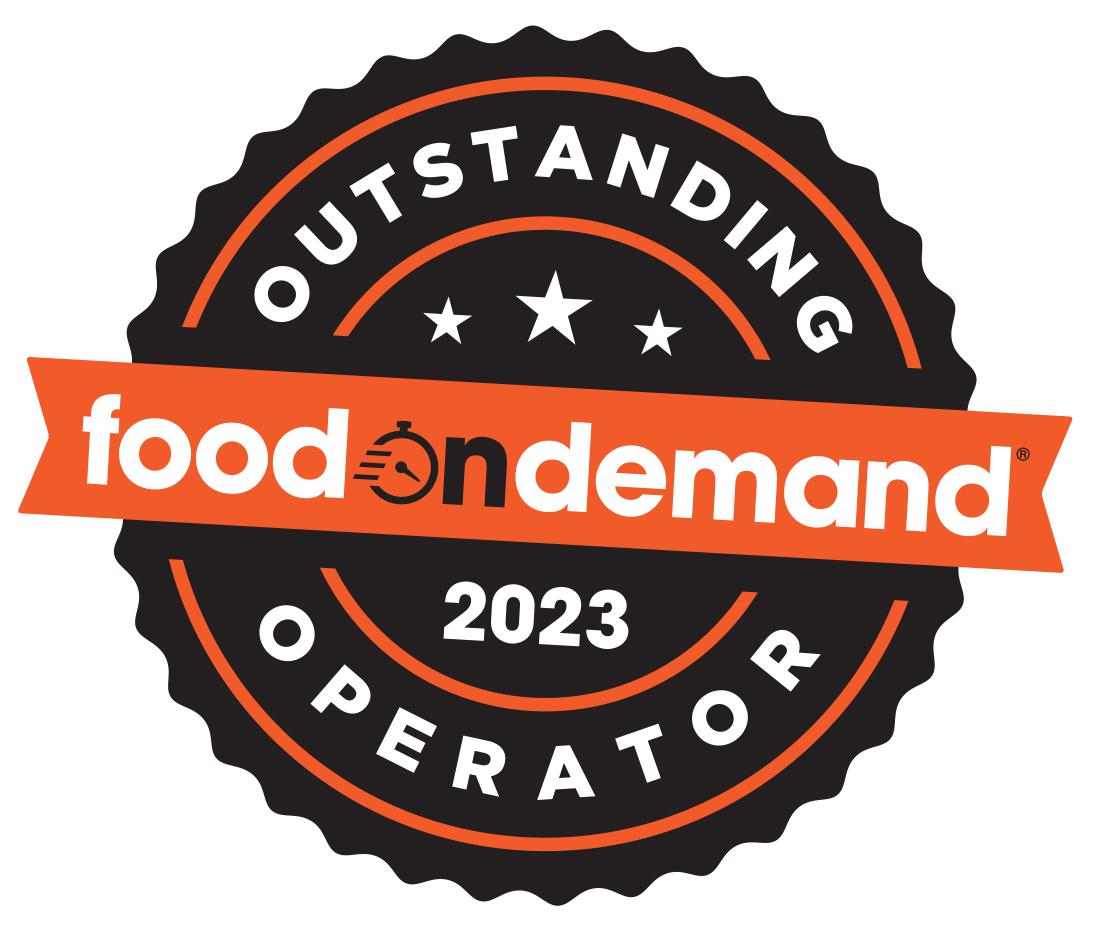Huge grocers like Kroger, Albertsons, Publix and Whole Foods have similarly massive advantages over small, independent grocery stores that don’t have teams of software engineers to build and manage channels for customers looking to buy groceries online for pickup or delivery. As new-age options proliferate in the $680 billion U.S. grocery industry, Mercato is one brand helping smaller players get their inventories online in a matter of days.
Mercato CEO Bobby Brannigan previously made a mint in the college textbook industry, before selling the business and turning his attention to helping smaller grocers run with the big dogs with an affordable ecommerce solution that can be quickly implemented. His family has owned a grocery store in New York City for the last 45 years, and he was shocked to see his father’s store in the “stone age” with no point of sale, no website, no social media and no way for customers to buy groceries online.
“I went in and said, ‘I’m just going to build this for you,’ and grabbed my team from my last company,” Brannigan said of the impetus for starting Mercato. “We dove in and started building the technology, and as we took a step back and looked at the overall industry, we said, ‘Wow, there’s like 30,000 independent grocers out there; they have a lot of the same problems that my dad has, so why not build a company that helps them all—and what a great mission to have, to help David fight Goliath.”
While getting inventories online so customers can shop at home was the cornerstone of the brand’s mission, the founder said there’s a lot more to a successful, small-scale online grocery option. Those not-so-insignificant details include an understanding of what customers are looking to buy and what they want to see on the virtual shelves, aggregating buying power to slightly level the playing field and creating procedures to use existing manpower to pack orders that customers will pick up at the curb or have delivered.
Once the inventory—which can include 50,000 SKUs at just one store—is catalogued, Mercato builds a custom online store with a personalized landing page, so independent grocers can get online and operational in as little as 24 hours. Its services also include marketing and digital advertising to reach customers within a 20-mile radius on Google, Facebook, Instagram and Twitter platforms.
“We’re not like Instacart, we don’t have any shoppers,” Brannigan said, noting that each store has its own limitations in terms of staffers who can prepare online orders. “We’re giving stores the maximum number of orders they can actually process, so some stores can process [500] orders a day, they’re getting 500 orders a day. Other stores that are smaller like my dad’s can take around 100 orders a day, they get 100 orders a day.”
With more than 1,000 grocery stores in 43 states using the service, San Diego-based Mercato is one of several grocery-focused providers helping fuel this massive, historic rush to online shopping that moved much quicker than adjacent retail spaces, like books, clothes and restaurant delivery.
Brannigan added that this almost-immediate rush has doubled the size of the restaurant industry, adding that store employees are underappreciated, first-line responders to keep people fed as traditional ways of filling the pantry have become more burdensome or impossible in certain markets.
Citing recent research, he said that only 4 percent of groceries were purchased online before the pandemic, and he estimates that figure is now closer to 20 to 25 percent. Mercato, like others in the space, expects a degree of stickiness for customers who tried online grocery shopping for the first time during the crisis. He likened the shift to what Amazon did to the book industry.
Brannigan expects this surge to online sales to bring new players into the grocery pickup and delivery space, including from large grocers like Kroger, to be similar to what Target did by purchasing Shipt in late 2017.
“If they’re not online, they may not be able to pay payroll, they’re putting themselves at risk, they’re putting their customers at risk,” he added. “It gets me teary sometimes to see how much we’re helping people and people [are thanking us]. I’m like, ‘wow, this feels so good.’”
Mercato charges stores a monthly $299 fee for the service using the software-as-a-service model; the cost to customers is $2.50 per delivery, with pricing going down as a percentage for total monthly online sales over $5,000.




